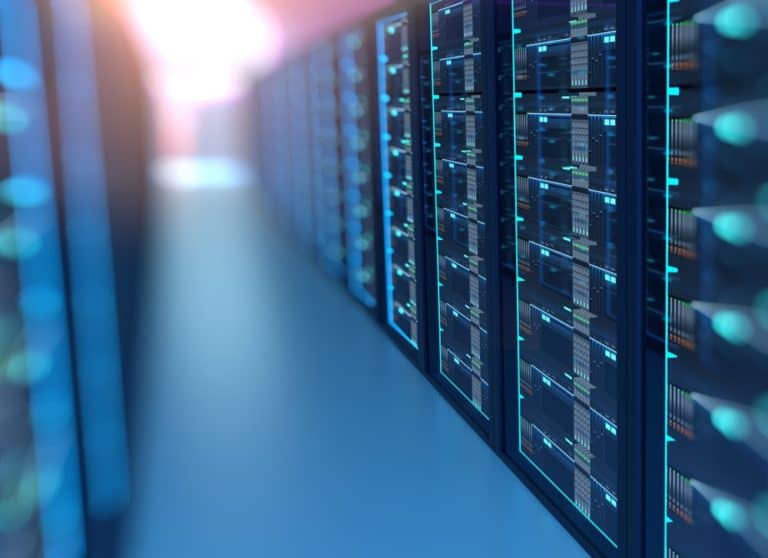Hydrogen fuel cell deployments could eliminate the need for diesel backup generators, the tech giant says.
This week Microsoft announced it has conducted a successful test of a large, three-megawatt hydrogen fuel cell system that could one day serve as an environmentally friendly backup power source in its data centers.
John Roach, CTO at Microsoft Digital Advisory Services, announced the move in a blog post. He explains that Microsoft put the hydrogen fuel system through the same tests that are used to qualify the diesel backup generators it currently uses at most of its data centers. The results of the test show the system can function reliably during simulated power outages and hours-long test runs.
“What we just witnessed was, for the datacenter industry, a moon landing moment”, said Sean James, Microsoft’s director of data center research. “We have a generator that produces no emissions. It’s mind-blowing.”
Safeguarding infrastructure that enables cloud computing
Datacenters are the physical infrastructure behind the veil of cloud computing. They are where cat videos and vacation photos are stored, Roach writes. They are also where remote workers gather for virtual meetings and gamers converge to build worlds, race cars and blast away foes. They enable the digital transformation of businesses around the world, allowing them to quickly and securely respond to customers’ needs and manage supply chain logistics.
At the core, datacenters are intentionally nondescript warehouses packed with tens of thousands of computer servers and the equipment needed to keep the servers running and available 24 hours a day, 7 days a week. This includes machines that keep the servers at t-shirt weather temperatures, as well as batteries and generators that maintain an uninterrupted power supply even during power grid outages.
“What makes a datacenter a datacenter is that it can operate even though the grid is not”, James said. “When there’s a blackout, the servers stay up. That’s the difference between a data center and a warehouse chock full of computers.”
Tip: Microsoft’s data centers will provide energy to power grids
